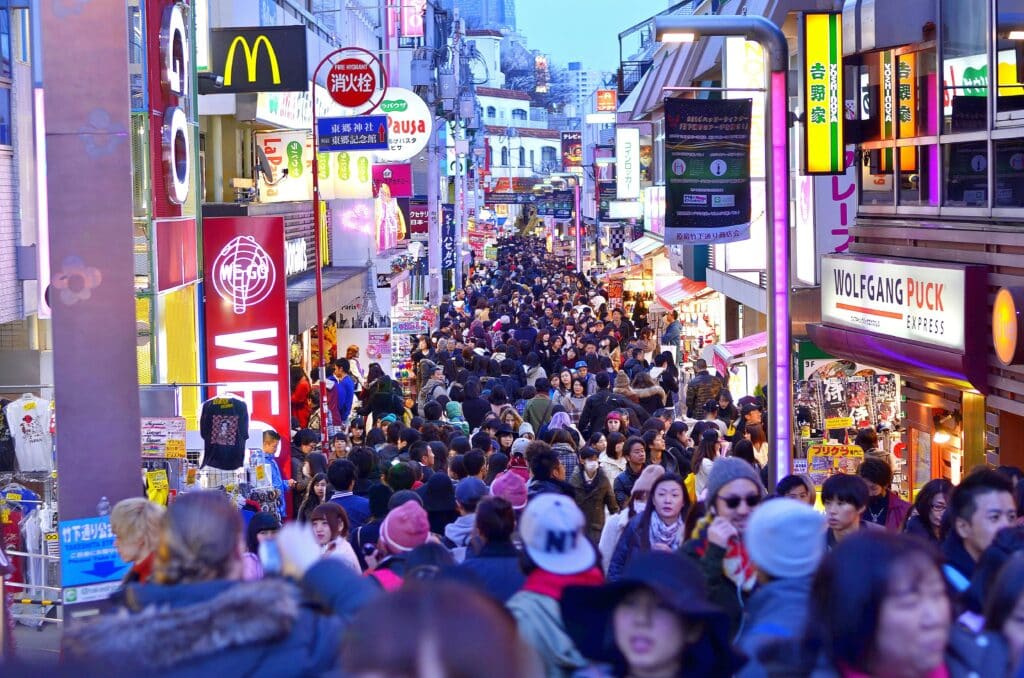In today’s fast-paced world, where demands and pressures seem to multiply with each passing day, the need for effective coping mechanisms to manage stress and unwind has become more crucial than ever.
With the constant juggle between work, family, social obligations, and personal aspirations, it’s no wonder that stress levels are soaring and mental well-being is under strain.
In this blog post, we delve into the various coping mechanisms people employ to navigate the complexities of modern life and find moments of respite amidst the chaos.
IMAGE: UNSPLASH
Understanding The Modern Lifestyle
The contemporary way of life is marked by its rapid tempo, incessant connectivity, and unending obligations. Thanks to the rise of technology, we are incessantly bombarded with notifications, emails, and messages, blurring the boundaries between work and personal time.
The constant availability facilitated by smartphones and the internet has eroded the traditional distinctions between work hours and leisure time, leaving individuals feeling perpetually “on” with scant opportunities for genuine relaxation or downtime.
Furthermore, the pressure to excel professionally has escalated in today’s cutthroat job market. Employees are expected to maintain a constant state of productivity, responsiveness, and adaptability, often at the expense of their personal time and well-being.
In addition to the demands of their careers, individuals must navigate the intricacies of sustaining relationships, staying abreast of current events, and striving for personal development and fulfillment. The pursuit of perfection across all facets of life has become an overarching expectation, exacerbating feelings of inadequacy and anxiety.
Amid this demanding milieu, stress, anxiety, and burnout have become pervasive. The relentless pace of modern life exacts a toll on both mental and physical health, resulting in fatigue, irritability, and a sense of disillusionment.
Despite the technological innovations intended to simplify our lives, many find themselves overwhelmed and disconnected from their authentic selves. Consequently, there is an urgent need for effective coping mechanisms to alleviate stress and carve out moments of respite amidst the turmoil.
Interestingly, in the digital age, even activities like purchasing cigarette indienne en ligne have become part of the coping mechanisms adopted by individuals to navigate the complexities of modern life.
These small indulgences, whether it’s enjoying a smoke break or savoring the convenience of online shopping, offer fleeting moments of escape from the relentless demands of everyday life.
However, it’s important to recognize that while such coping mechanisms may provide temporary relief, they are not substitutes for addressing the root causes of stress and burnout.
The Importance Of Unwinding
Amid this whirlwind, it’s essential to prioritize self-care and relaxation as a means of safeguarding our mental and physical well-being. Unwinding isn’t merely a luxury reserved for the fortunate few; rather, it’s a fundamental necessity in today’s fast-paced world.
Failure to unwind can have far-reaching consequences, including chronic stress, debilitating fatigue, diminished productivity, and heightened susceptibility to serious health issues.
Therefore, cultivating effective coping mechanisms to decompress and recharge is paramount for achieving a sense of equilibrium and fulfillment in our lives. For example, check out First Nation Smokes.
Whether through mindfulness practices, physical activity, creative expression, or simply disconnecting from the constant barrage of stimuli, carving out moments for relaxation is indispensable for navigating the complexities of modern existence with resilience and vitality.
Coping Mechanisms For Hectic Lifestyles
Mindfulness And Meditation
One of the most powerful tools for managing stress is mindfulness meditation. By practicing mindfulness, individuals can cultivate awareness of their thoughts and emotions, allowing them to respond to stressors more skillfully.
Meditation techniques, such as focused breathing or body scans, can help quiet the mind and promote relaxation.
Exercise And Movement
Physical activity is not only beneficial for the body but also for the mind. Engaging in regular exercise releases endorphins, the body’s natural stress relievers, and promotes a sense of well-being.
Whether it’s going for a run, practicing yoga, or dancing to your favorite music, finding ways to move your body can significantly reduce stress levels.
Digital Detox
In today’s hyper-connected world, constant exposure to screens and information overload can exacerbate stress and overwhelm. Taking periodic breaks from technology, also known as a digital detox, can provide much-needed relief.
Disconnecting from devices allows individuals to reconnect with themselves, engage in meaningful activities, and experience the present moment without distractions.
Creative Expression
Engaging in creative pursuits, such as writing, painting, or playing music, can be incredibly therapeutic. Creative expression offers a channel for processing emotions, relieving stress, and fostering self-discovery.
Whether journaling your thoughts, doodling in a sketchbook, or jamming with friends, tapping into your creative side can be a soothing balm for the soul.
Nature Therapy
Spending time in nature has been shown to have numerous benefits for mental health. Whether it’s going for a hike in the mountains, lounging by the beach, or simply taking a stroll in the park, immersing oneself in natural surroundings can promote relaxation, reduce stress, and improve mood.
The sights, sounds, and smells of nature have a calming effect on the mind, helping individuals find solace and perspective amidst the chaos of urban life.
Social Support
Building strong social connections and fostering meaningful relationships is crucial for emotional well-being. Whether it’s spending time with friends, confiding in loved ones, or seeking support from a therapist or support group, having a strong support network can provide comfort, validation, and encouragement during challenging times.
Sharing experiences and emotions with others helps alleviate feelings of isolation and fosters a sense of belonging.
Mindful Consumption
Being mindful of what we consume, both mentally and physically, can profoundly impact our well-being. This includes paying attention to our foods, ensuring they nourish our bodies and provide sustained energy.
It also involves being selective about the media we consume, opting for content that uplifts and inspires rather than drains and triggers stress.
In conclusion, coping with the demands of modern life requires intentional effort and a commitment to self-care.
By incorporating mindfulness practices, engaging in physical activity, disconnecting from technology, embracing creativity, immersing ourselves in nature, nurturing social connections, and being mindful of our consumption habits, we can effectively manage stress and cultivate resilience in the face of life’s challenges.
Remember, amidst the hustle and bustle of daily life, it’s essential to carve out moments for relaxation and rejuvenation. Ultimately, by prioritizing our well-being, we can navigate the complexities of modern society with greater ease and grace.
IMAGE: UNSPLASH
If you are interested in even more lifestyle-related articles and information from us here at Bit Rebels, then we have a lot to choose from.


COMMENTS